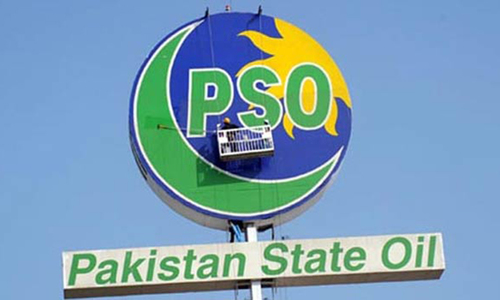SINGAPORE: Pakistan has stepped up its oil and gas imports this year from last year as demand from its power sector increases amid more economic activities as coronavirus-induced restrictions are lifted, industry sources said.
Any significant increase in imports typically push up prices for these fuels.
So far in 2021 through September, Pakistan has imported at least 785,000 tonnes of fuel oil through tenders, up 52 per cent from what it imported all of last year, according to data from tender documents and traders.
Its total imports of oil and refined fuels went up by 24pc to about 10 million tonnes in the financial year which ended in June, data from ministry of petroleum showed. Overall LNG imports rose by 23pc to about 5.3 million tonnes though August this year, compared with the same period last year, Refinitiv Eikon shiptracking data showed.
“Many plants are revving up production as the economic activities are going back to normal, which has been the main driver in the power sector,” a Pakistan-based source told Reuters, declining to be named as he was not authorised to speak with media.
Pakistan surpassed growth projections in the 2020-21 financial year despite a third wave of Covid-19 infections, reaching GDP growth of 3.96pc, after a 0.47pc contraction in 2019-20.
“Even though LNG prices are higher, the uncertainty in (local) production and demand from fertiliser sector will mean Pakistan needs to import it,” the source said.
Asian spot LNG prices LNG-AS are currently at their highest since January and also at their highest for this time of the year since at least 2010.
Prices for 180-cst high-sulphur fuel oil FO180-SIN are at two-year highs currently, up 44pc since January, though remain well below LNG prices in terms of energy content, making them more attractive for imports, traders said.
Still, making the switch from fuel oil to gas in power plants is not easy, a second Pakistan-based source said, adding that gas is needed to complement oil usage when demand surges.
“Oil-fired power plants can be started in a short time and are used usually in summer when power generation on LNG is still not enough,” the source said, adding that demand for fuel oil could wane from October when power generation demand eases as the weather gets colder.
The country has also added about 250,000 tonnes of storage for oil products this year, mainly for gasoline and gasoil, and revamped some existing tanks, which has also added to fuel demand, the first source said.
“But, high steel prices are putting pressure on construction projects, which could in turn pressure demand for oil,” the source added.
Published in Dawn, September 2nd, 2021















































